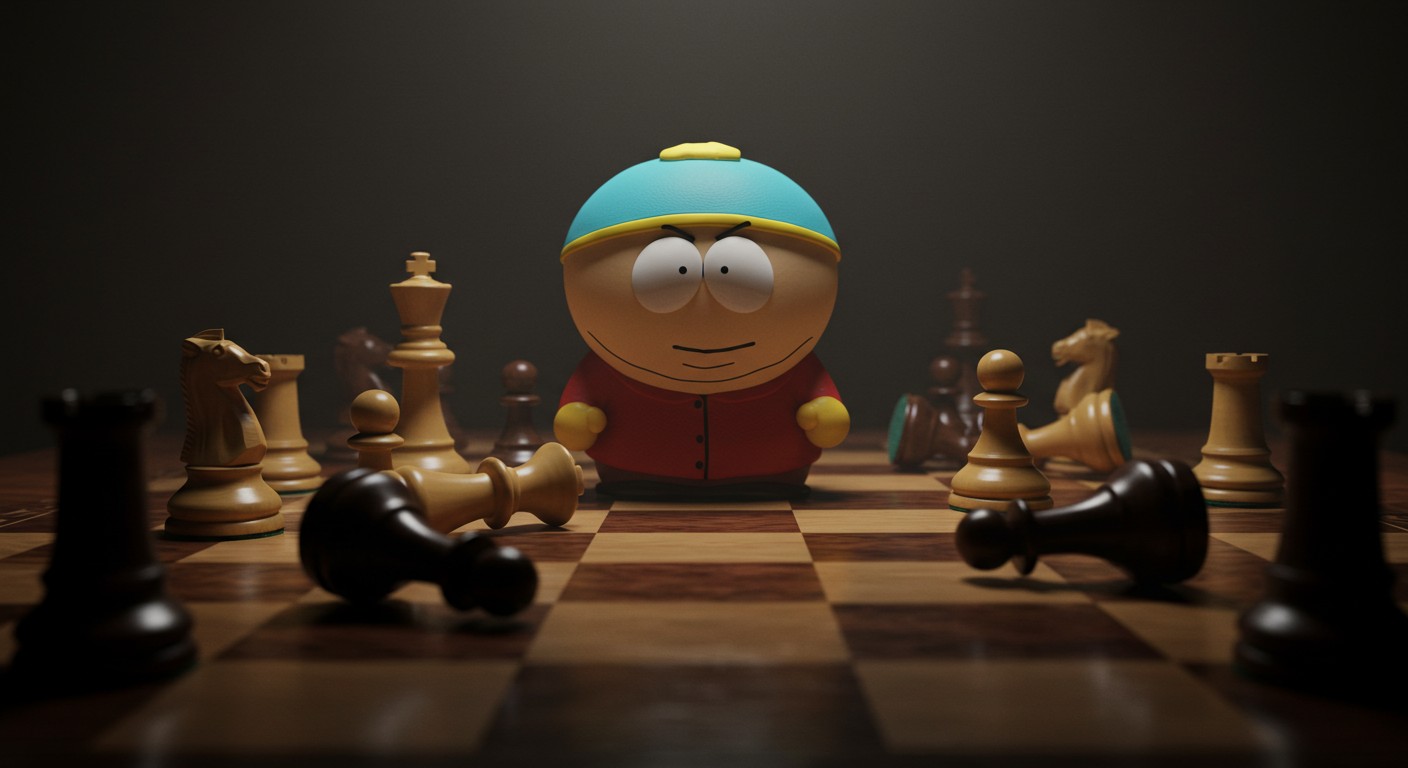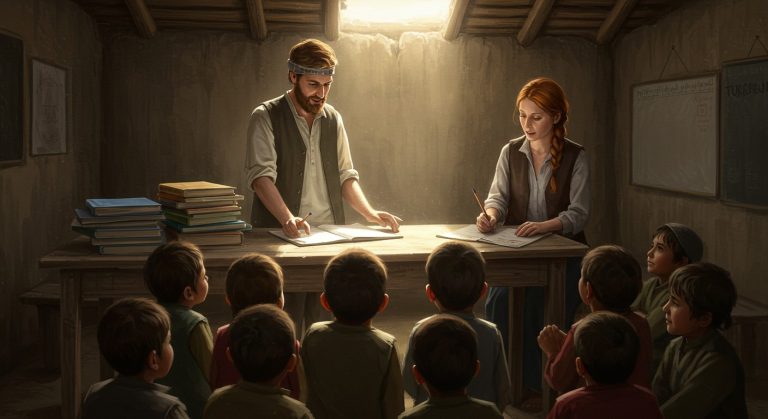
Eric Cartman Masters Chess: A Strategic Journey
Picture this: a raucous, irreverent kid from a small mountain town steps up to a chessboard, his eyes glinting with mischief. Yes, we’re talking about Eric Cartman—known for his outrageous schemes—taking on the ancient game of kings. What begins as a comical clash of personality and precision soon unravels into a fascinating exploration of strategy, wit, and unexpected depth. This isn’t just a game; it’s a journey into how even the wildest minds can conquer complexity.
The Unlikely Chess Prodigy
Chess, with its quiet intensity and calculated moves, seems like the last place you’d find Eric Cartman. Yet, beneath his brash exterior lies a knack for outsmarting opponents in ways that defy convention. His approach blends chaos with cunning, turning the board into a playground for his unpredictable genius.
A Game of Trust and Triumph
Cartman’s first foray into chess isn’t about following the rulebook—it’s about bending it. He doesn’t just play; he performs. With every pawn pushed forward, he’s not only plotting moves but also reading his opponent’s psyche. It’s a reminder that chess isn’t just about pieces—it’s about people.
Take his opening gambit: bold, brash, and borderline absurd. While traditional players lean on the Sicilian Defense or Queen’s Gambit, Cartman invents his own “Cartman Chaos Opening”—a wild mix of aggression and distraction. Does it work? Surprisingly, yes, more often than you’d expect.
“Respect my authoritah—or lose your knight!”
—A classic Cartman quip during a match
Tactics That Break the Mold
Where others see a grid of 64 squares, Cartman sees a battlefield of opportunity. His tactics are less about textbook precision and more about psychological warfare. He’ll sacrifice a bishop just to throw his opponent off balance, then swoop in with a rook when they least expect it.
Here’s what sets him apart:
- Unpredictability: No two games are alike with Cartman at the helm.
- Bluffing Mastery: He’ll feign weakness, only to strike with precision.
- Resourcefulness: Even down a queen, he turns the tide.
This isn’t just flair—it’s a lesson in adaptability. Cartman proves that rigid strategies can crumble against a mind willing to rewrite the rules.
Learning Through Chaos
Chess is often hailed as the ultimate test of intellect, but Cartman’s style adds a twist: it’s also a test of creativity. His games are less about memorizing openings and more about inventing solutions on the fly. For students of the game, this is a goldmine—proof that thinking outside the box can outmaneuver even the sharpest minds.
Consider his endgame: where most players tighten up, Cartman doubles down on flair. He’ll trade pieces recklessly, only to reveal a checkmate trap that’s been brewing for turns. It’s chaotic, yes, but brilliantly effective.
The Psychology of the Board
Beyond the moves, Cartman excels at getting under his opponent’s skin. A well-timed taunt or a dramatic pause can rattle even seasoned players. This isn’t just gamesmanship—it’s a calculated edge, turning chess into a duel of wills as much as intellect.
Studies suggest that mental resilience accounts for up to 40% of success in competitive chess. Cartman’s antics amplify this, proving that confidence—however outrageous—can tip the scales.
From Novice to Notorious
Cartman’s chess journey isn’t a straight line from beginner to master. It’s a rollercoaster of trial, error, and triumphant comebacks. He starts with little more than bravado, but each match hones his instincts, turning raw talent into something formidable.
His progression offers a roadmap for learners:
- Start bold—don’t fear mistakes.
- Adapt fast—turn losses into lessons.
- Own the board—confidence is key.
Why Cartman’s Chess Matters
In a world obsessed with AI-driven chess engines and grandmaster precision, Cartman’s approach is a breath of fresh air. He reminds us that the game’s heart lies in its human quirks—flaws, flair, and all. His story isn’t just entertaining; it’s a call to rethink how we teach and play.
For educators, this is a wake-up call. Chess isn’t just about logic; it’s a playground for personality. Cartman’s success shows that fostering creativity alongside strategy could unlock untapped potential in learners everywhere.
A Legacy in Checkmate
Eric Cartman may never grace the halls of chess fame like Kasparov or Carlsen, but his mark is undeniable. He turns a staid game into a spectacle, blending humor with brilliance in a way that’s uniquely his own. Love him or loathe him, you can’t ignore him.
So next time you sit at a chessboard, channel a little Cartman. Take a risk, crack a smile, and play like the rules are yours to bend. Who knows? You might just surprise yourself.









